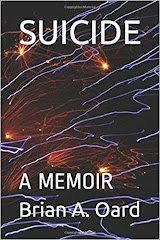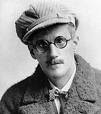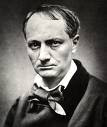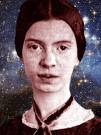His combat experiences were harrowing. He was in the first wave of troops to land on Omaha Beach on D-Day and his unit’s lone survivor of a machine-gun ambush. In Belgium he was stabbed in hand-to-hand combat with a German soldier, whom he bludgeoned to death with a rock. Fighting in the Battle of the Bulge, he and the rest of his company were captured and forced to march through a pine forest at Malmedy, the scene of an infamous massacre in which the Germans opened fire on almost 90 prisoners. Mr. Durning was among the few to escape.
By the war’s end he had been awarded a Silver Star for valor and three Purple Hearts, having suffered gunshot and shrapnel wounds as well. He spent months in hospitals and was treated for psychological trauma.
Late in life, Durning spoke of one crucial wartime experience in an interview with Parade magazine. Quoting the Times obit again:
In the Parade interview, he recalled the hand-to-hand combat. “I was crossing a field somewhere in Belgium,” he said. “A German soldier ran toward me carrying a bayonet. He couldn’t have been more than 14 or 15. I didn’t see a soldier. I saw a boy. Even though he was coming at me, I couldn’t shoot.”
They grappled, he recounted later — he was stabbed seven or eight times — until finally he grasped a rock and made it a weapon. After killing the youth, he said, he held him in his arms and wept.
Mr. Durning said the memories never left him, even when performing, even when he became, however briefly, someone else.
“There are many secrets in us, in the depths of our souls, that we don’t want anyone to know about,” he told Parade. “There’s terror and repulsion in us, the terrible spot that we don’t talk about. That place that no one knows about — horrifying things we keep secret. A lot of that is released through acting.”












